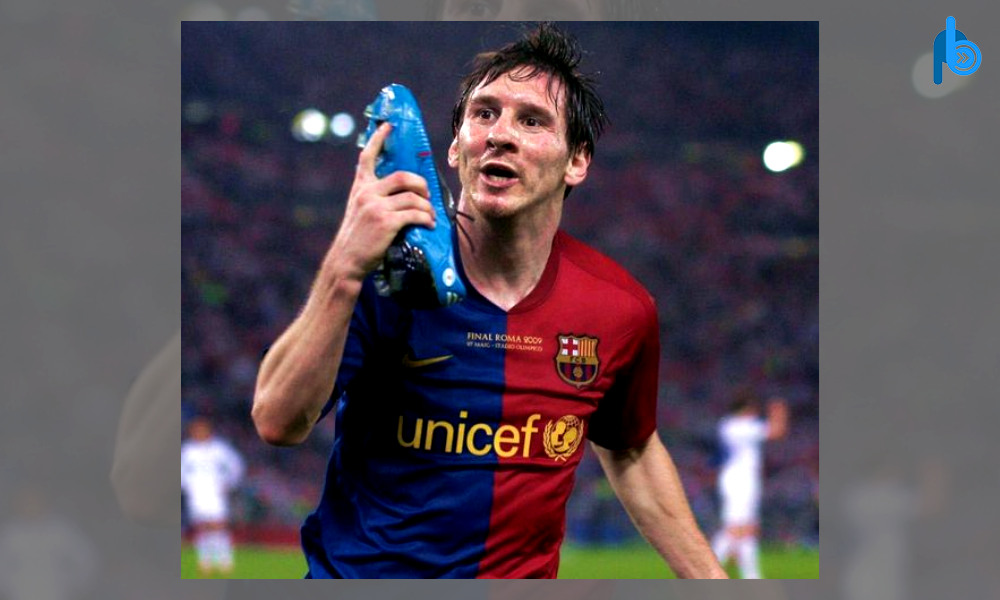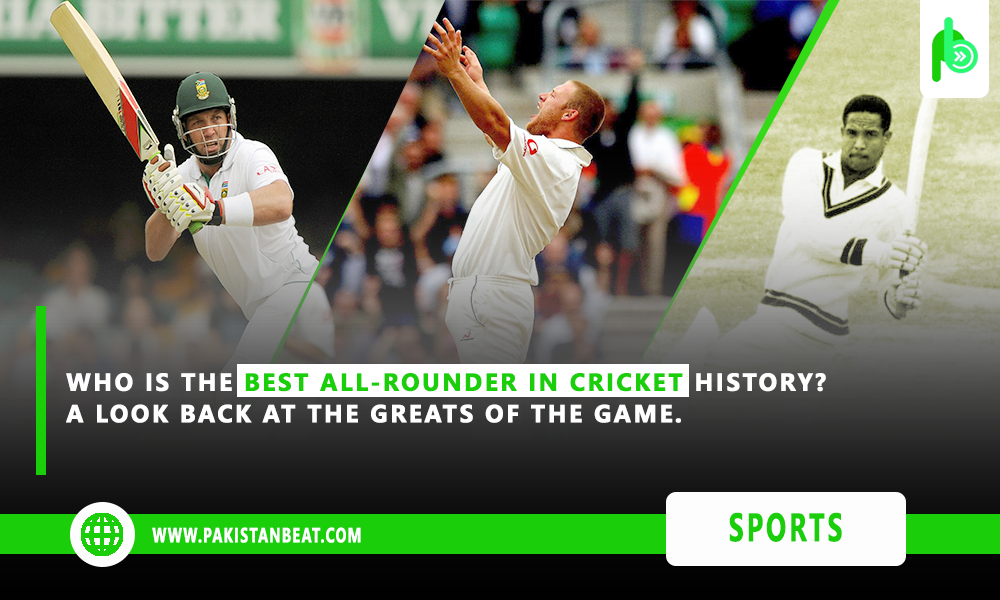In Lionel Messi timeline, he is often hailed as the greatest football player of all time, a title supported by his extraordinary career and remarkable achievements. From his early days at a football academy in Argentina to dazzling fans in the best football stadiums around the world, Messi’s journey is a tale of unparalleled talent, dedication, and passion for the game. Now let’s explore Lionel Messi timeline.
Lionel Messi Timeline: Early Beginnings and Rise to Stardom
Born on June 24, 1987, in Rosario, Argentina, Lionel Andrés Messi showed prodigious talent from a young age. He joined the famed La Masia football academy, the youth academy of FC Barcelona, at just 13 years old. Despite his small stature, Messi’s skill, agility, and vision on the field quickly set him apart from his peers.
Messi made his first-team debut for Barcelona at the age of 17, and it wasn’t long before he became a key player for the club. His dribbling, precise passing, and goal-scoring ability were evident from the start, and he quickly gained a reputation as one of the most exciting young talents in football.
Dominance at Barcelona

Lionel Messi‘s illustrious career is adorned with incredible stats and records. He has scored one of the most goals in football history. He holds the record for the most Ballon d’Or awards, winning it 8 times. Messi is Barcelona’s all-time top scorer, netting 672 goals in 778 games. In a single season (2011-12), he scored an unprecedented 73 goals. He is one of the only players to have scored in 16 consecutive UEFA Champions League seasons. Messi also holds the record for the most goals in La Liga history with 474 goals. With Argentina, he won the Copa America in 2021 and the World Cup in 2022, becoming the tournament’s top scorer and player of the tournament in multiple editions. His 91 goals in a calendar year (2012) remain unmatched. Messi’s playmaking prowess is highlighted by his record for the most assists in La Liga (192) and the Champions League (36). His remarkable consistency and skill make him one of the greatest footballers ever.
Unmatched Skill and Creativity
What sets Lionel Messi apart as the greatest football player of all time is not just his goal-scoring prowess but his all-around game. He is known for his ability to create chances out of nowhere, often threading impossible passes to set up his teammates. His record for the most assists in football history is a testament to his selflessness and vision on the field.
Messi’s dribbling skills are legendary, allowing him to navigate through tight defenses with ease. His low center of gravity, combined with his exceptional balance and control, makes him nearly impossible to dispossess. These attributes, coupled with his clinical finishing, make him a constant threat
Legacy and Impact
Lionel Messi’s legacy in football is unparalleled, cementing his status as one of the greatest players of all time. His career is characterized by extraordinary achievements, a consistent display of skill, and an unwavering dedication to the sport. Messi’s legacy began at FC Barcelona, where he became the club’s all-time top scorer with 672 goals in 778 appearances. His influence on the game is highlighted by his record eight Ballon d’Or awards, which celebrate his status as the world’s best player on multiple occasions.
Messi’s impact extends beyond mere statistics. His playing style, characterized by impeccable dribbling, vision, and goal-scoring ability, has inspired countless young footballers globally. He holds numerous records in La Liga, including the most goals in a single season (50) and the most career goals (474), showcasing his dominance in Spanish football. In the UEFA Champions League, Messi’s consistency is evident with the most goals for a single club (120) and scoring in 18 consecutive seasons, reflecting his longevity and adaptability at the highest level of European competition.
Internationally, Messi’s legacy with Argentina is equally impressive. He led his nation to victory in the 2021 Copa América and the 2022 FIFA World Cup, achieving personal milestones like the most goals (13) and appearances (26) for Argentina in World Cup history. These triumphs solidified his standing alongside legends like Diego Maradona. He is thus hailed as the best captain in football history for Argentina.
Messi’s influence is also cultural. His humility, sportsmanship, and dedication have made him a beloved figure worldwide. Off the pitch, he has set records such as having the most liked image on Instagram, reflecting his global appeal and impact beyond football.
Conclusion:
Lionel Messi’s legacy is built on a foundation of record-breaking achievements, a transformative impact on the game, and an enduring influence both on and off the field. His journey from a prodigious talent in Rosario to a global icon serves as an inspiration, defining an era in football history.
More Relatable Blogs of this Author:




























